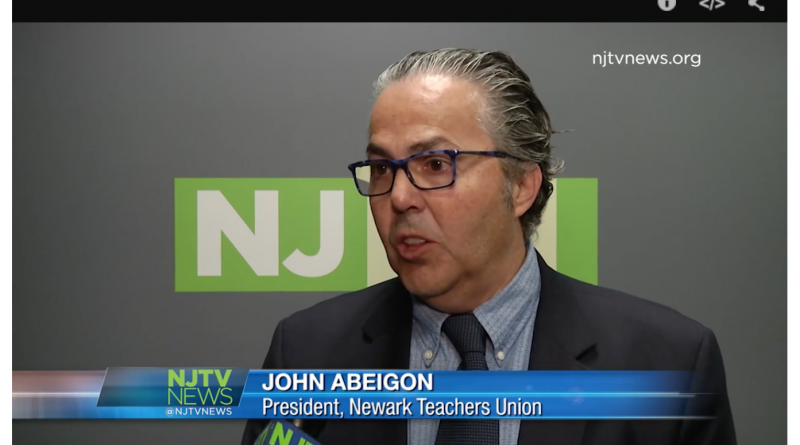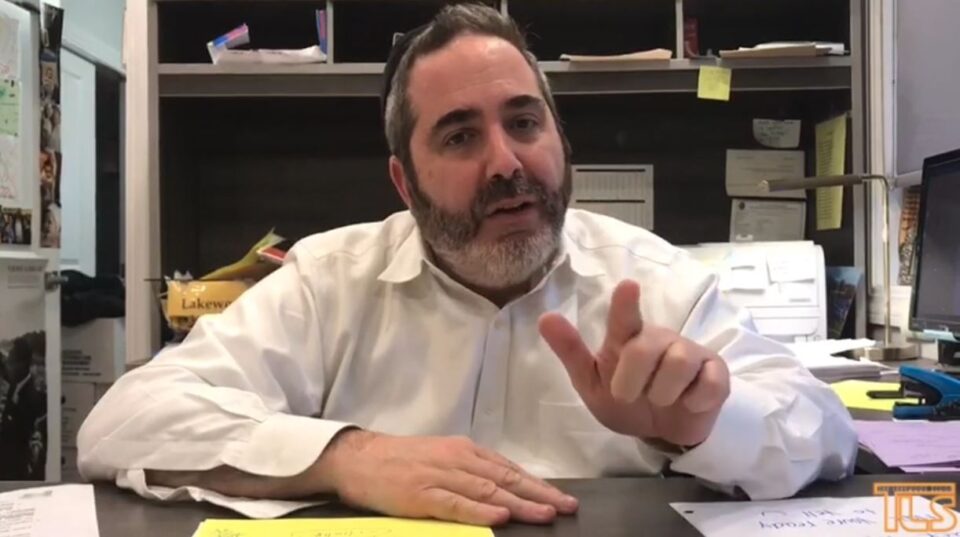Hoboken Dual-Language Charter School Wins Fight Against Local School District
June 4, 2015Camden Public Schools Update: District Will Expand Summer Programs
June 5, 2015Two New Jersey Math Teachers Explain Why Christie is Wrong About the Common Core
Kristin DeLorenzo and Liz Gardner, two New Jersey elementary math teachers, respond in today’s Star-Ledger to Gov. Christie’s call to abandon the Common Core State Standards because they are “simply not working.” On the contrary, they explain, “as math teachers with a combined 31 years of experience in the classroom” who have “been on the front lines of Common Core implementation…we know firsthand how the Common Core standards have changed teaching and learning for the better.”
[N]ow we are seeing the results of that collective work. We used to spend much of our teaching time reviewing skills and never feeling like we had time to get to the “good stuff.” There were so many standards, so many important concepts, and each seemed equally important. When we began to shift our teaching for new standards, one thing became apparent, the focus. Common Core clearly identifies the major work at each grade level, driving instruction with an eye on the most important concepts. For fifth graders, that focus is fractions. Once we began to implement Common Core it was clear that our students could tackle more rigorous fraction work than in previous years. They were ready because the major work for 3rd and 4th grade focused on factors and multiples. Our colleagues also worked hard to change lessons and assessments to meet new standards. As a result, our 5th graders arrive with solid fraction number sense. They can persevere through a tough fraction problem to make sense of it. Now we start with the “good stuff.”
Ms. DeLorenzo and Ms. Gardner remain unconvinced “that diverting time and resources away from teachers and students to re-develop standards is necessary.” Instead, they say,
When we are all on the same page, the progression through the standards works. As students advance through each grade, the next teacher will be assured of knowing the base knowledge of each student entering their classroom. By the time students graduate from high school, we can all be assured they will have mastered the academic subjects and mathematical concepts as well as having developed strong critical-thinking and analytic skills that will be required for success in college or a career.
Isn’t that the point?




